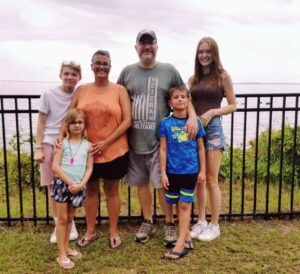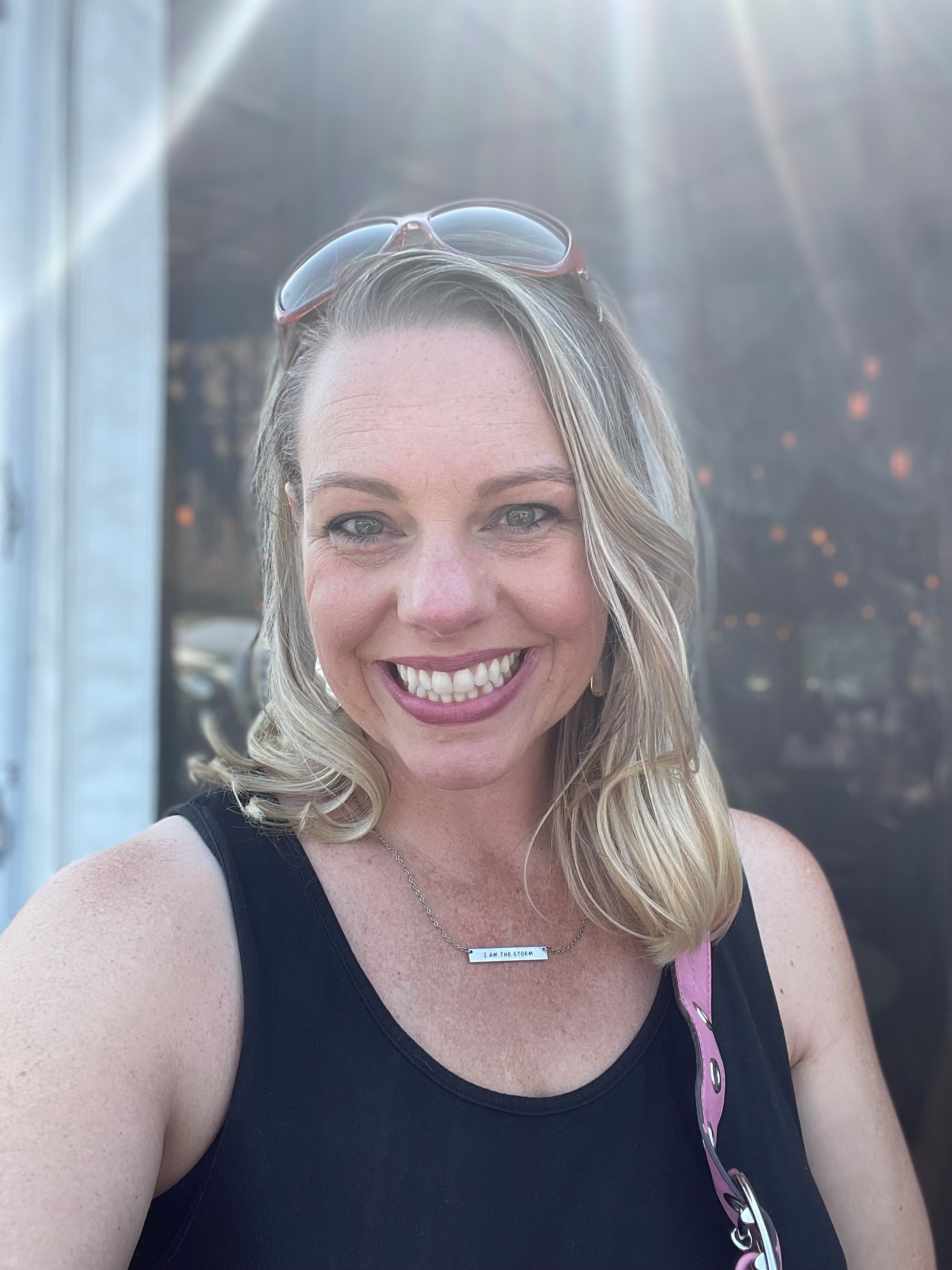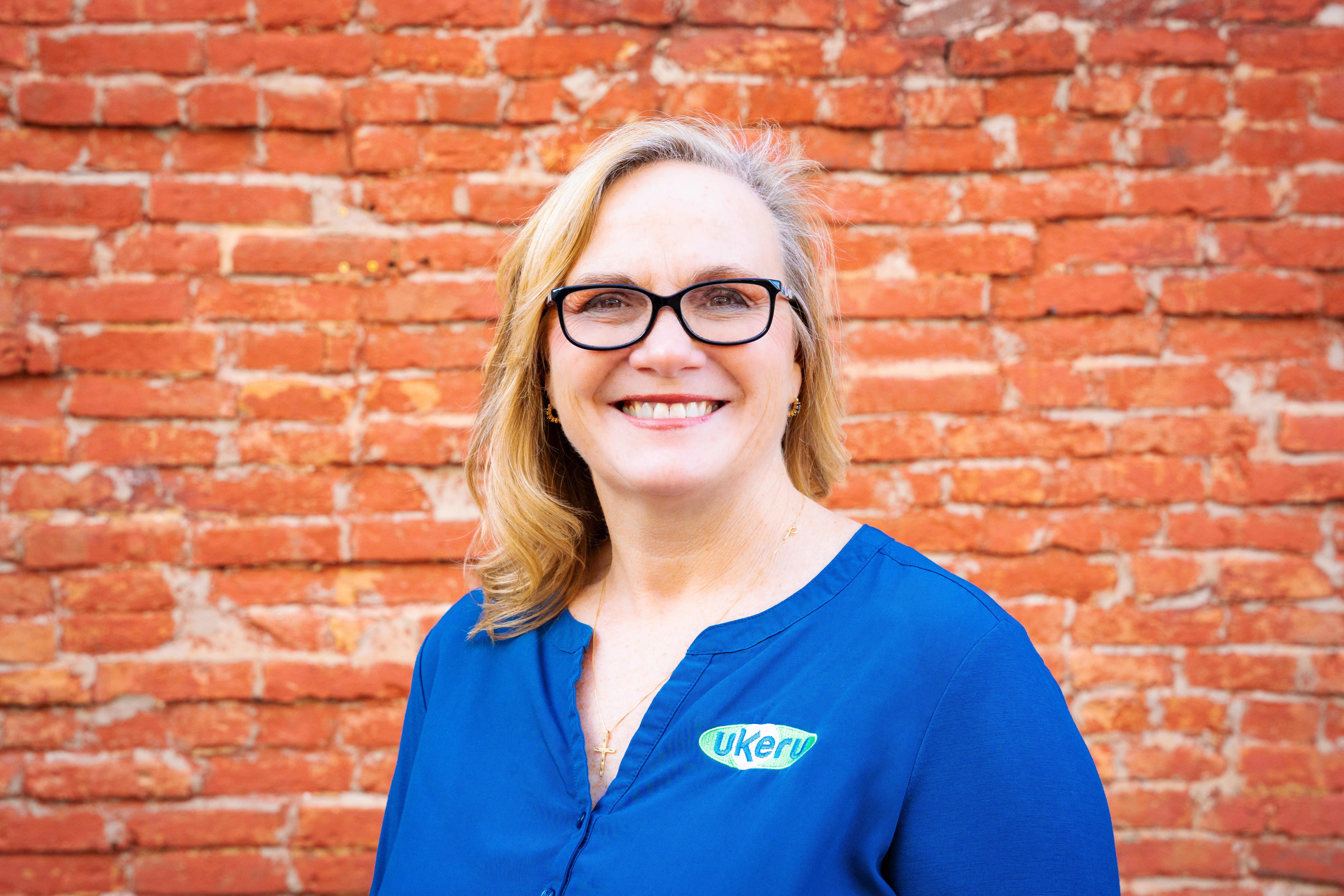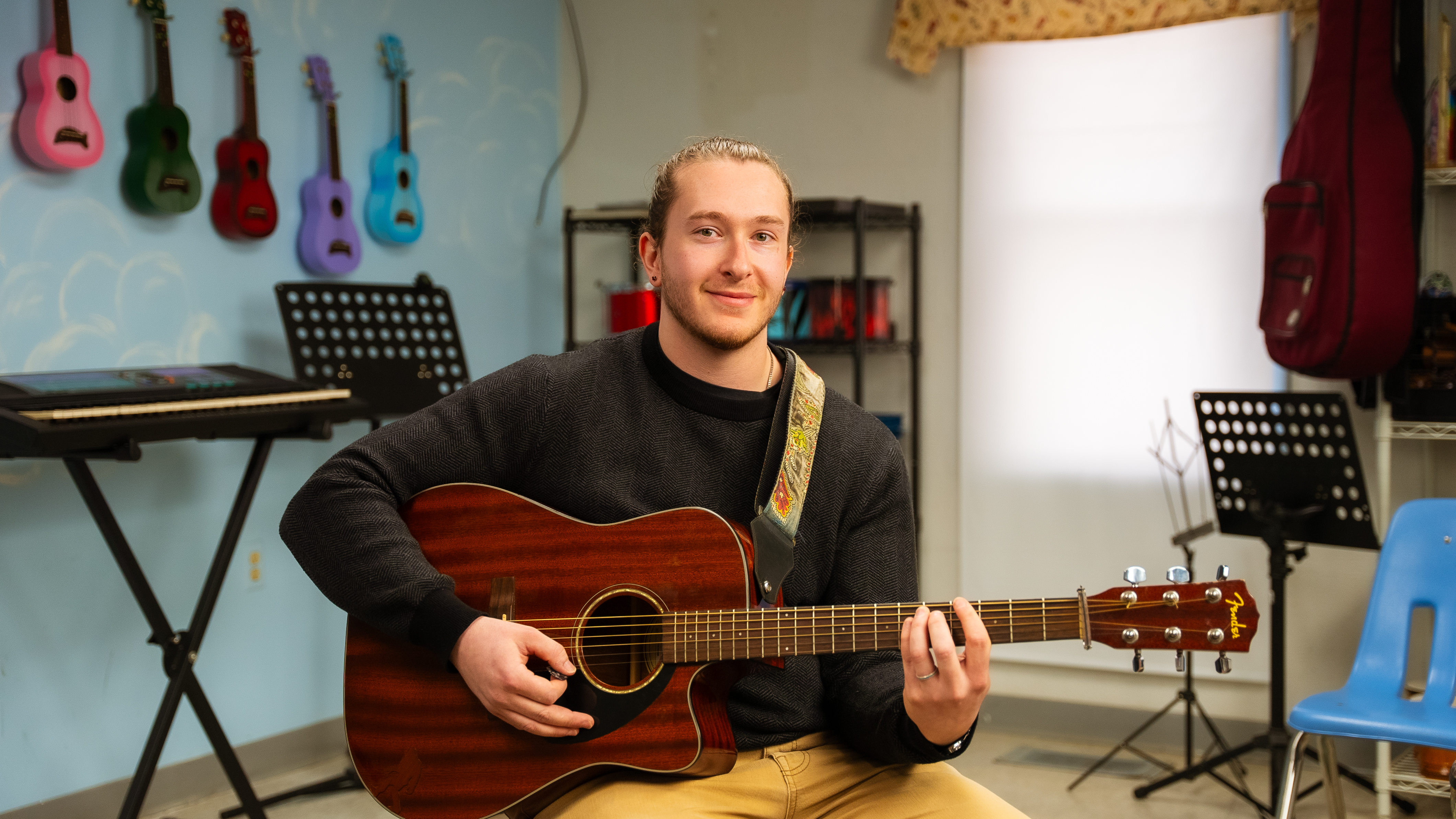
Often when you hear that people bring their work home with them, it can be a bad thing. But with Ukeru trainer Jill Pangle, the Comfort vs Control technique she learned through our training helped her as a mom at home too. Jill is an IEP Consultant at Jefferson County Schools in West Virginia and has been a trainer since 2016. We recently sat down with Jill and appreciate her kind words and advice to new Ukeru trainers!
Q: How long have you been an Ukeru trainer?
I was a certified user in 2015 and became a certified trainer in May of 2016.
Q: What population do you work with? What inspired you to get into this field?
We are a K-12 public school system. I support our school system as an IEP Consultant. I feel like working with people with unique needs is ingrained in my soul. I have always wanted to “do” for the betterment of others.
Q: What part of Ukeru do you enjoy teaching the most and why?
In every training I conduct, I have a lot of self-reflection and self-actualization occur. I share, probably overshare, but I feel like in sharing my experiences as a mother of children with special needs and as an educator than my participants can get a deeper understanding of the impacts. I love enlightening others to think outside of their box and helping them learn to do different. I have a difficult time identifying my favorite section to teach. I love talking about the brain and how it is impacted, but I also love sections on trauma and how to comfort in moments versus trying to control.
Q: What would you say to someone who is unsure about using Ukeru?
This occurs often when there is an “old school” mindset. When others are unsure about using Ukeru, I share my experiences! I ask questions and invite them to join me in a training. I may ask the person I am conversing with to think of a time with their significant other may attempt to control versus comfort. ie: “Calm down,” “stop,” etc…what is your reaction? How do you feel? I try to relate that personal experience for them and then turn it into a moment of “what ifs” – what if the reaction was instead – “I see you are frustrated; how can I help?” It changes the conversation.
Regardless where the conversation starts or ends, I always try to be inviting versus demanding and pushing my “agenda”. The exception to this is when it occurs during a training. When I encounter this issue within in a training, I often ask them to try and give the new mindset a chance, focus on one part of the training they can latch onto and start from there.
Q: What advice or tip would you give to a new Ukeru trainer?
Live it, just don’t train it! You can’t be taken seriously if you do not project the things in which you teach!
Q: How has Ukeru impacted your life?
Honestly, how much time do we have? I am mother to four children, two have severe PTSD due to early childhood events. One of my children at times has been so escalated that keeping him in the home was questionable and I didn’t see a path or light at the end of our tunnel. I then became a certified Ukeru user and it struck a chord with my soul immediately. I went home and used the philosophy/mindset and tried to do better with it each day. I then became a trainer a year later and I felt like the sky was the limit. I now had a better grasp about the “why” he exhibited certain behaviors and the “how” to help our entire family through the various events as they would unroll. He has been in our home and never had to leave through all the ups and downs! That is a major win!
Initially, in my work life I didn’t encounter much on a personal level that I would have needed to use blocking strategies but I found that the mindset change allowed me to work in meetings with families better. As my mindset and knowledge continued to grow, so did my passion for Ukeru and my want to share this passion and knowledge with as many people as I could. I am now the Lead trainer in our County. I continue to share my passion to change the mindset of those within the system for the betterment of our students and professionals.
Q: What is your favorite quote or a motto that you like to live by?
“When a flower doesn’t bloom, you fix the environment in which it grows, not the flower.” Alexander den Heijer
Q: What three words would you use to describe Ukeru?
Compassionate, Accepting, Honorable




